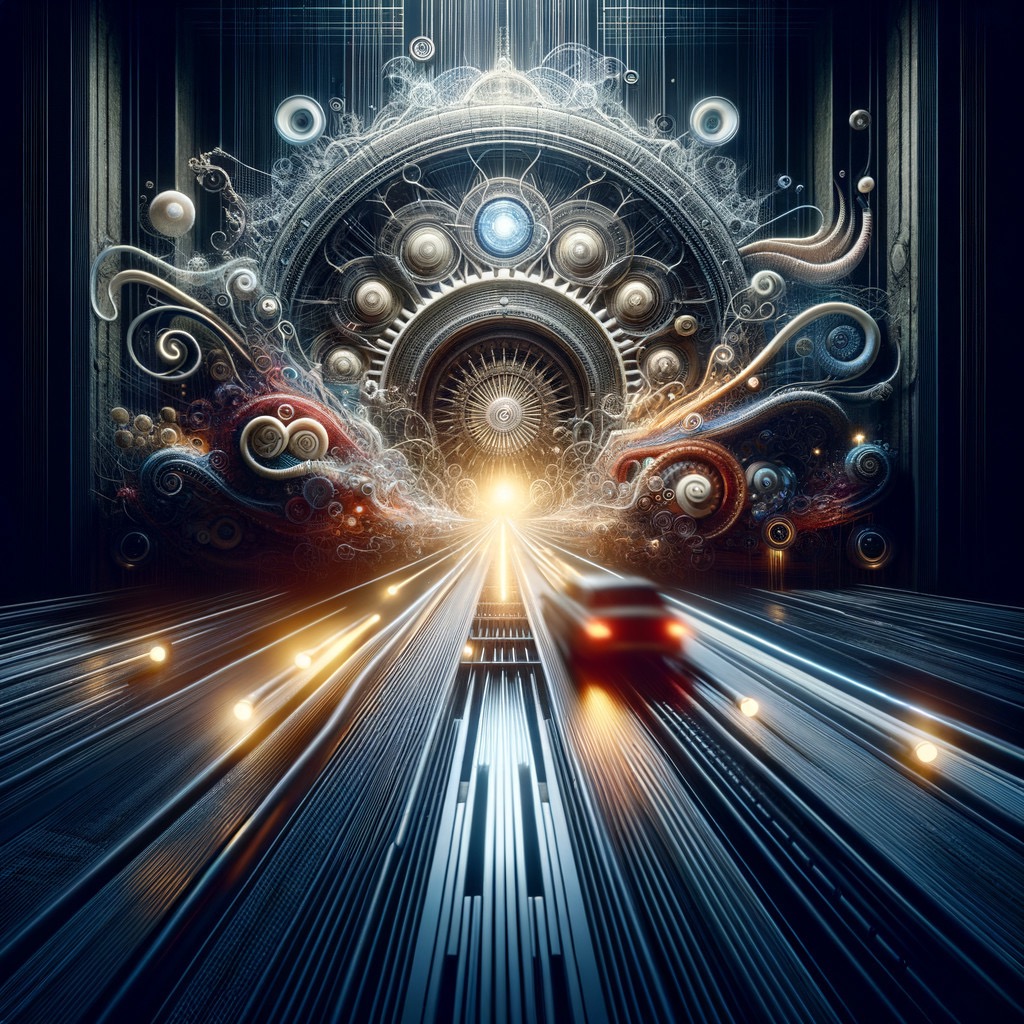How music affects the unconscious
by Marketa Juristova
We begin in theory, in order to end up in a mystical contemplation of the nature of the universe and the stars. Well, music is tones that follow each other in a certain order, and a tone is actually a kind of sound. It is a vibration that is created by the shaking of matter. This energy vibrates the surrounding environment and it affects the eardrum and we then perceive this vibration as sound. If the particles vibrate regularly, the perception of a tone of a certain pitch is created in the ear and thus we actually perceive, hear a melody. The basis of music is therefore a vibration that is carried through the environment and meets the receiver in our auditory system. The pitch of the individual tones is determined by the frequency of this vibration. Even people who are deaf can perceive music thanks to its frequency, because they absorb it with their whole body.
So if we talk about frequency, the connection with the state of human consciousness somehow offers itself, because states of consciousness are also associated with certain brain frequencies. So it is probably not surprising to learn that music has been scientifically proven to affect the human brain and psyche, especially emotions.
Do you know that emotions are the gateway to the unconscious? Because if there is any shortcut, the quickest way to engage the unconscious, it is the emotions. Remember what you feel when you’re fighting, that irrational tension inside. In that situation, you could say that you have one foot in the unconscious.
Music evokes different emotions in us, it can lull us to sleep or, on the contrary, put us into ecstasy, into a state where we can actually feel goosebumps all over our body. Psychologists have found that music can affect the human psyche in different ways, for example, it can induce pleasant emotions, or it can help with the passage and release of tension (crying). Music therapy, music therapy, is already an official therapeutic technique.
„Music therapy is a method of therapeutic psychotherapy. It is a process of physiological, emotional and sensory influence on a person by musical means. This interdisciplinary process has emerged from the development and interaction of medicine, psychology, psychotherapy and the science of music.“ J. Kantor, Foundations of Music Therapy
Since ancient times, people have also tried to communicate with the divine itself through music. You must have seen (for example on TV) ritual dances of natural peoples with musical accompaniment. But we don’t have to go that far for an example. Even if you may not be religious, the sound of an organ or singing in a church will still reach you on an almost otherworldly level, which is certainly not due to acoustics alone. In fact, it resonates with your unconscious and something in you is stirred to a harmony of the soul, a kind of sacredness and self-evident order. Your mind seems to anticipate every other note, and the melody that is created by these notes seems „right“ and perfect. Sometimes a tone can also surprise, but it must not deviate from this self-evident order or framework, from a kind of matrix that we have subliminally encoded in our brain. „Secular“ music can have the same effect. I am sure we all have our melodies and songs that are more than just favourites, we feel a touch of some higher sphere of being with them. For example, the rock version of „Sound of Silence“ or Bach’s „Toccata and Fugue in D minor“ performed by Vanessa Mae have this effect on me.
By the way, do you know that in antiquity and in the following centuries, roughly up to the time of Isaac Newton, even scholars tried to incorporate their researches and formulations of laws into a personal spiritual (one might even say mystical) framework, into a mental model?
I feel that there is a kind of harmony between the laws of nature and the human psyche in this idea. Something that, for example, was expressed in the so-called Golden Section, Leonardo’s Vitruvian Man or the Music of the Spheres. Something that only makes sense as a harmonious whole and that can be understood as beautiful, perfect and good. Knowledge in accordance with the unconscious (according to Jung, archetypal) instinctive idea of the researcher that this is right. Kepler, for example, was fascinated by the old Pythagorean idea of the Music of the Spheres, and looked for the same ratios in the motion of the planets that we encounter in the harmonic consonance of tones and in regular polygons. All beauty, according to him, the proper follower of the Pythagoreans, consisted in the right proportions, because geometry is a prefigurement of the beauty of the world and the universe.
In one of my lucid dreams I asked the mysterious intelligence behind the curtain what the philosopher’s stone was. My answer was a vision that contained a beautiful melody. Perhaps this is the secret that alchemists have been searching for since ancient times.
Everybody has his own philosopher’s stone deep in his soul – his own song, the source from which he draws his strength.

Napsat komentář